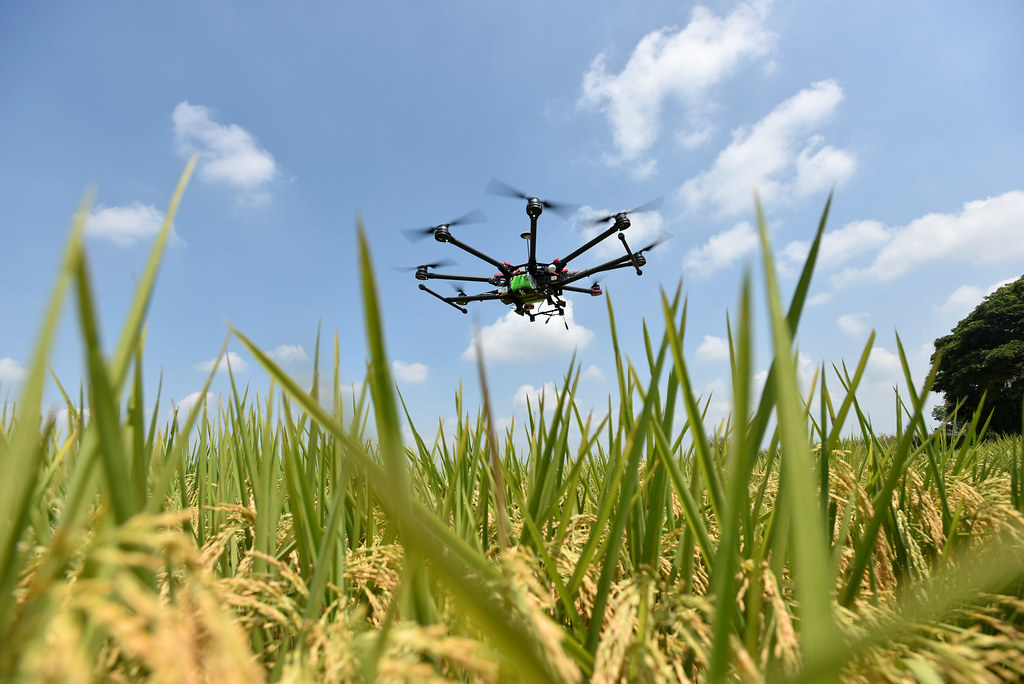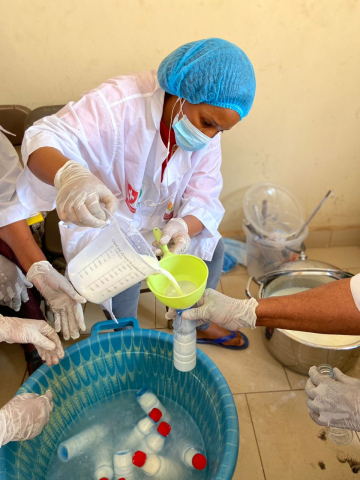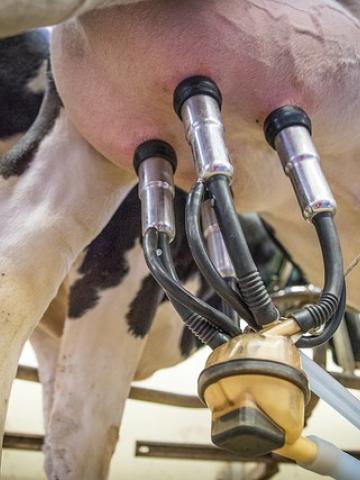In the Sahel, livestock farming is practised by almost 80% of rural families and represents the main economic activity for at least 50 million people. It relies to a large extent on the mobility of livestock in search of suitable fodder according to the season. To support the necessary transformation and adaptation of this vital economic system, it is therefore essential to promote the general availability of feed for herds, by safeguarding and sustainably managing fodder in pastoral areas and increasing the availability of livestock feed, mainly from coastal countries. It is also necessary to protect the health of livestock and humans, particularly from zoonosis, in areas where contiguity is increasingly important.
The main constraints on the livestock farming systems that the project aims to tackle are as follows:
- Access to pasture and chronic fodder shortages;
- Difficulty of access to livestock feed;
- Human and animal health issues, linked to sporadic outbreaks of zoonosis.
The project, in partnership with ECOWAS, is being implemented by three cooperation agencies (Belgian, Spanish and Luxembourg) in Mali in the regions of Koulikoro and Sikasso; in Niger in the regions of Zinder, Tahoua, Dosso and Tillabéry; and in Burkina Faso in the Sahel, Centre-Nord and Nord regions, with the aim of increasing decent, well-paid employment opportunities for young men and women in the local milk sector.
The overall objective of the project is to contribute to an agro-ecological transformation of agro-pastoral systems adapted to climate change, making them more productive, resilient and healthy for animals, humans and the environment.
Specific objectives
Outcome 1
- Climate services adapted to farmers' needs are available with the support of national and regional institutions and can be used by farmers.
- Decision-support tools are developed on the basis of research results, concerning the improvement of pasture management and adaptation to climate change.
Outcome 2
- Feed distribution capacities are improved for livestock feed banks (fodder banks) and transhumant livestock farmers.
- Capacities have been strengthened to improve the availability of and access to quality livestock feed in West Africa.
Outcome 3
- The prevalence of the main zoonosis and their impact on human health through the consumption of milk are known and monitored by the relevant technical services.
- Stakeholders in the milk chain are strengthened in their ability to make informed decisions aimed at reducing the prevalence of zoonosis in the milk chain.
Outcome 4
- Exchanges and sharing of information between key players on the various themes of the Action are ensured.
- Communication, capacity-building and dialogue on the results obtained and the knowledge generated are ensured at national, regional and international level.
- Direct beneficiaries: technical services, research centres, POs and NGOs in Burkina Faso, Mali, and Niger.
- Indirect beneficiaries: pastoralists and agro-pastoralists in West Africa.










